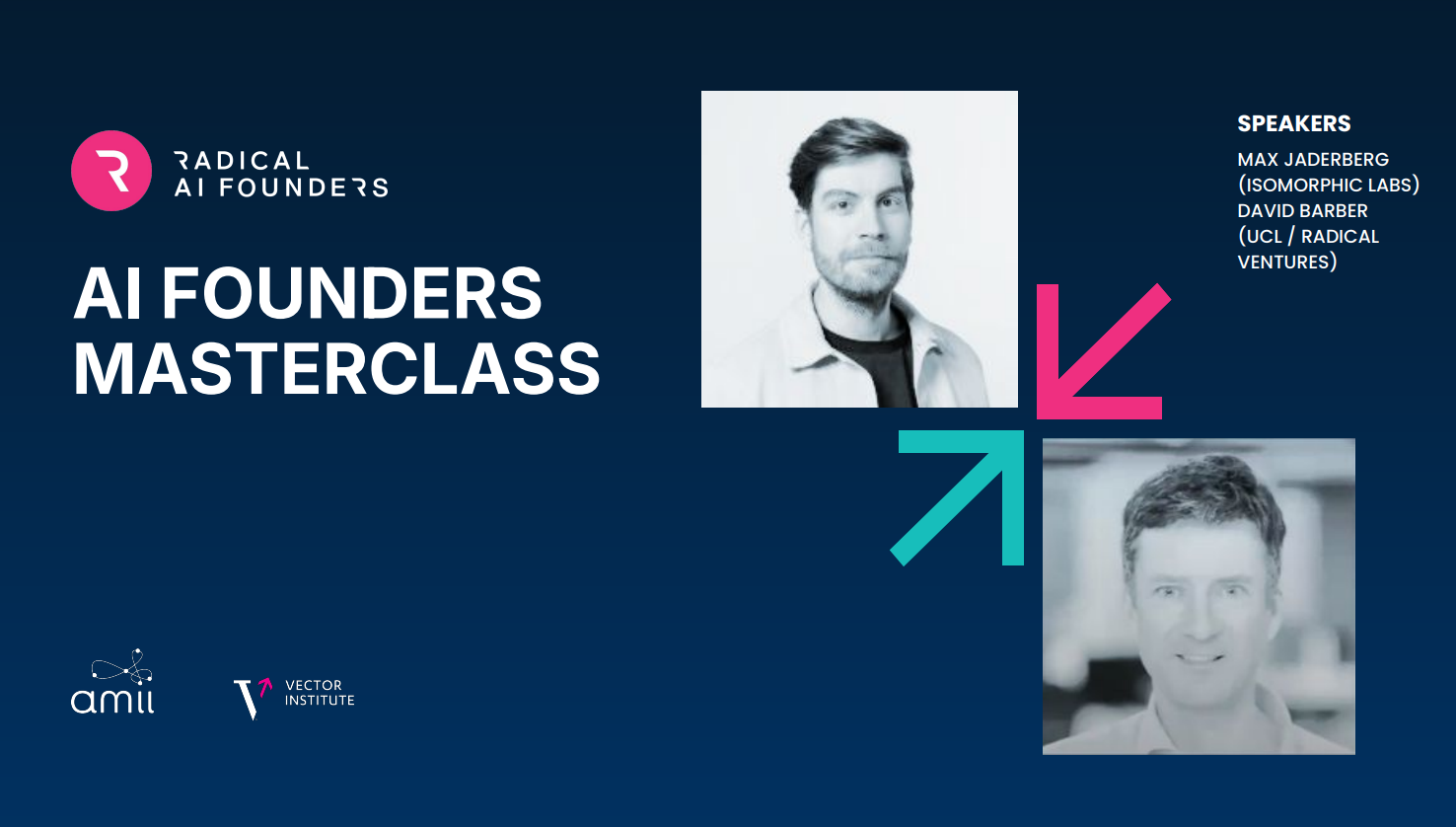This week, in the spirit of Pride month, we reflect on the AI industry’s responsibility to develop AI technologies with 2SLGBTQIA+ people and the growing importance of participatory design. In the US, 7% of all adults do not identify as heterosexual, and this number increases to 21% among Gen Z adults. Initiatives like Queer in AI, CSIRO’s Diversity and Inclusion at the Robotics and Autonomous Systems Group, as well as Black in AI, and Cohere For AI, are at the forefront of these conversations. But, there remains a pressing need to champion diversity among developers, adopters, and AI system decision-makers.
Participatory AI refers to the active participation and engagement of stakeholders, including end-users, experts, and affected communities, to shape and influence AI technologies and their applications. Actively involving those who are affected by AI systems can help to surface more complex problems. For example, bias can start anywhere in an AI system, with race and gender the least obvious biases to detect. In this thread, Mozilla Fellow Deborah Raji gives an overview of some misconceptions about race and gender biases in algorithms. More specifically, sexual orientation and gender identity are unobservable characteristics, breaking the assumptions of many algorithmic fairness approaches.
The impact of machines on sexual and gender minorities remains largely unexplored, particularly in the realm of robotics and AI design. That being said, if developed appropriately, new support tools could emerge. For example, in eldercare, inclusive robotics could play a vital role in alleviating the loneliness experienced by many queer older adults. In the field of education, these technologies could offer support and information to children and young adults navigating complex feelings about their sexual orientation or gender identity.
By embracing holistic inclusion strategies that involve 2SLGBTQIA+ communities and individuals, we can foster a greater understanding of the challenges surrounding discrimination.
Learn more: Queer in AI work to create awareness of queer issues in AI/ML, foster a community of queer researchers, and celebrate the work of queer scientists. Visit Queer in AI to view their resources.
AI News This Week
-
Pixxel’s hyperspectral orbital imagery attracts investment from Google (TechCrunch)
Pixxel, a Radical Ventures portfolio company and space-tech startup, has received funding from Google for their hyperspectral orbital imagery technology. The company plans to use the funding to launch their second satellite and expand their services to provide data for agriculture, climate change, and urban planning. CEO Awais Ahmed notes that he could foresee a future where hyperspectral is as accessible to the average person as optical satellite imagery is today. “Right now, you go to Google Earth and look at your houses and roads.” But in the future, “one may be able to easily access hyperspectral data to go to a particular area and see how much metal has changed or how much forest has decreased, or be able to hover over something and identify it.”
-
The race to make AI smaller (and smarter) (The New York Times)
The BabyLM Challenge, initiated by a group of academics, aims to create smaller and more accessible language models. The challenge encourages building efficient systems that focus on human language learning and understanding. By training language models on the same amount of words encountered by a 13-year-old human (approximately 100 million), researchers hope to bridge the gap between large models and human understanding. The challenge currently promotes accessibility, democratization, and academic goals rather than practical applications.
-
ChatGPT is already obsolete (The Atlantic)
As AI developers strive to create models that understand the world more comprehensively, they are moving toward multimodal models that can process images, audio, and other sensory data. Multimodality is part of a quiet revolution in how companies, researchers, and consumers develop and use AI — “pushing the technology not only beyond remixing written language and into different media, but toward the loftier goal of a rich and thorough comprehension of the world.” By training AI models on diverse data types, researchers aim to enable machines to connect words with concepts, develop common sense, and interact with physical environments.
-
Research Spotlight: QLoRA – Efficient Fine-tuning of Quantized LLMs (University of Washington)
Researchers at the University of Washington have developed QLoRA, a method that significantly reduces the memory requirements for fine-tuning large language models, making it feasible to perform the process on a single GPU. The significance of QLoRA lies in its ability to refine the fine-tuning process, making it more efficient and accessible. This breakthrough has important implications for AI governance, as it makes the modification of neural network weights easier and more accessible, raising concerns about safety and control. However, the researchers argue that democratizing access to this technology will enable independent analysis and auditing, promoting better transparency in the field of language models.
-
10 queer pioneers of computer science (Coding Space)
LGBTQI+ people have made significant contributions to the industry in a variety of ways. Here are a few notables: Alan Turing, pioneering mathematician, logician, and father of computer science, Lynn Conway, who made groundbreaking contributions to computer architecture design at IBM in the 1960s, Tim Cook, CEO of Apple, Sophie Wilson, designer of the Acorn Micro-computer and creator of the programming architecture for the original ARM chip, Martine Rothblatt, founder of Sirius Satellite Radio (now SiriusXM) and United Therapeutics, a biotechnology company focused on developing treatments for rare diseases, Megan Smith, CTO of the United States during the Obama administration, and Angelica Ross, the founder of TransTech Social Enterprises. Their achievements highlight the importance of diversity and inclusivity in driving innovation and progress.
Radical Reads is edited by Ebin Tomy (Analyst, Radical Ventures)





